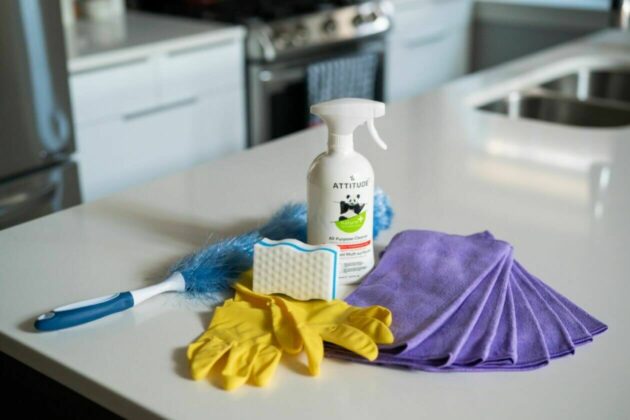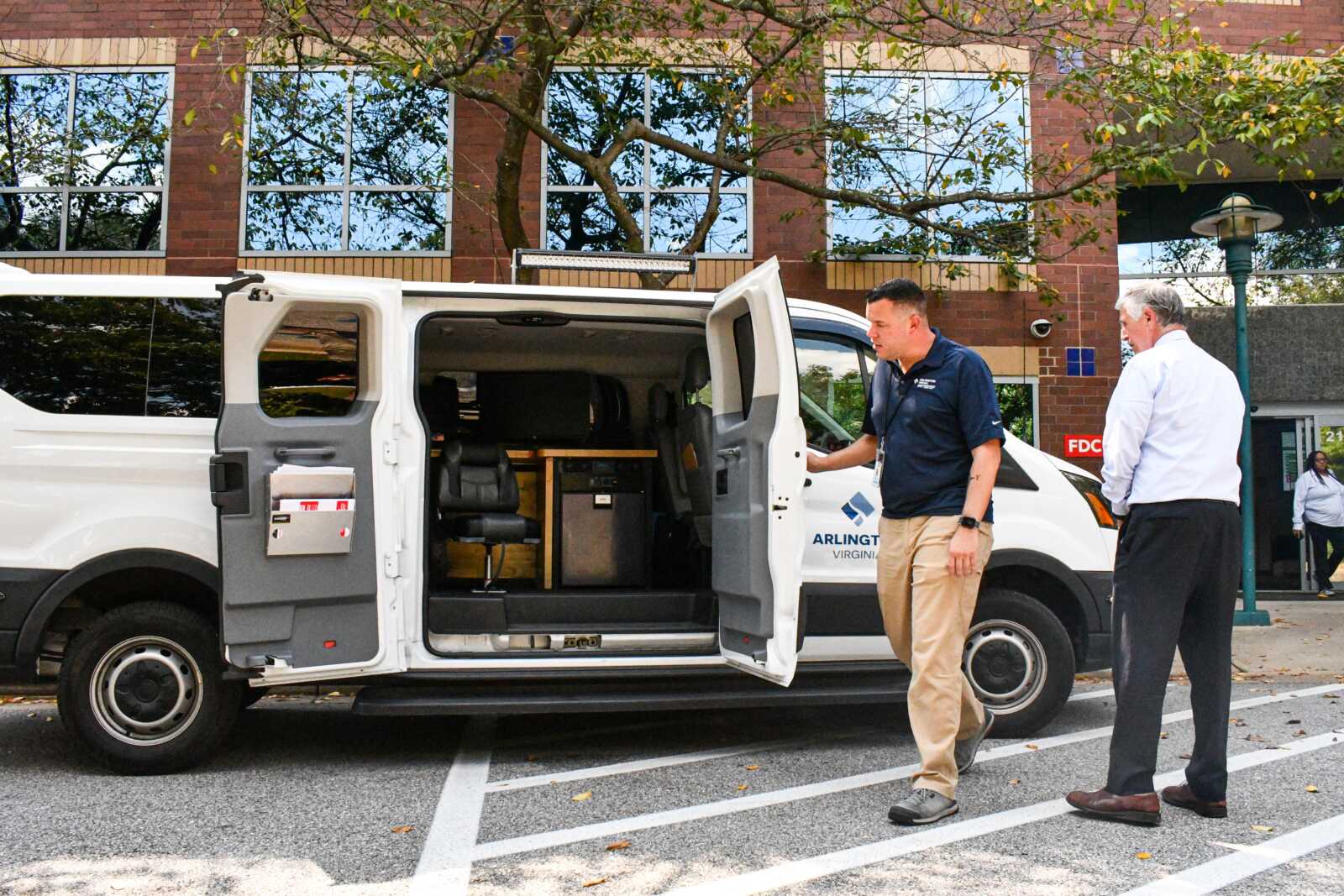
Editor’s Note: This sponsored column is written by Mathew B. Tully of Tully Rinckey PLLC, an Arlington firm that specializes in federal employment and labor law, security clearance proceedings, and military law.
Q. My employer refuses to pay me overtime, claiming I’m an independent contractor. But I’m not. I’ve been working for this company for years. What can I do?
A. Employers often try to dodge responsibility for paying workers overtime by classifying them as independent contractors rather than employees. The Fair Labor Standards Act (FLSA) requires employers to pay employees overtime for hours worked exceeding 40 hours per week.
Independent contractors can provide services to a business, just as employees do. But independent contractors are self-employed rather than employed by the business they serve. Of course, differentiating an independent contractor from an employee can be quite difficult. It is even possible for some independent contractors to become employees over time if their relationship with the contracting business changes.
“In determining whether a worker is an employee covered by the FLSA, a court considers the ‘economic realities’ of the relationship between the worker and the putative employer,” the 4th U.S. Circuit Court of Appeals said in Schultz v. Capital Integration Security (2006).
To determine whether someone is an employee or independent contractor, courts will conduct what is known as a Silk test, which is named after a 1947 U.S. Supreme Court case. As the 4th Circuit explained in Schultz, this test consists of six factors:
- the company’s ability to control how work was performed;
- opportunities to reap profits or incur losses, depending on the worker’s managerial skill;
- the worker’s investment in equipment or hiring of other workers;
- skill requirements;
- whether the working relationship was temporal or long lasting; and
- “the degree to which the services rendered are an integral part of the putative employer’s business.”
After weighing these Silk factors, the U.S. District Court for the Eastern District of Virginia in Kennedy v. A Touch of Patience Shared Housing (2011) concluded the plaintiff, who had sued for unpaid minimum and overtime wages, was not an independent contractor as the defendant had claimed.
She actually qualified as an employee under the FLSA. The plaintiff performed a variety of services for a housing facility operator, including, cooking, serving meals, cleaning, and helping residents with household tasks, such as laundry and taking medication.
The court in Kennedy noted that the plaintiff claimed she had not exerted supervisory or managerial control “and exercised no control, discretion, or independent judgment with respect to her own duties.” She was paid in fixed cash amounts “at generally regular intervals” rather than reaping or incurring managerial skill-dependent profits and losses.
Further, over four and a half months she worked at two facilities and performed tasks that did not require special skills. Lastly, the plaintiff had claimed her services “were integral to defendant’s business.”
Workers who believe they have been misclassified as independent contractors should consult with an experienced employment law attorney, who could prepare an FLSA lawsuit. Employers, too, should consult with an attorney to determine whether certain workers should be classified as employees or independent contractors.
Mathew B. Tully is the founding partner of Tully Rinckey PLLC. Located in Arlington, Va. and Washington, D.C., Tully Rinckey PLLC’s attorneys practice federal employment law, military law, and security clearance representation. To speak with an attorney, call 703-525-4700 or to learn more visit fedattorney.com.
The views and opinions expressed in the column are those of the author and do not necessarily reflect the views of ARLnow.com.
Recent Stories

The Award is available to recent high school graduates and non-traditional students (see the application for more details). Each recipient may be awarded up to $20,000. Applicants are required to submit an online application form as well as a short video application.
The applicant must be an Arlington resident pursuing a career or technical education accredited program, within a high-growth career, that will be completed within two years.
The careers and programs include, but are not limited to:
-
Audio, Video, and Sound Engineering Technicians
-
Broadcast Technicians
-
Commercial Drivers
-
Culinary Arts
-
Early Childcare Education
-
Healthcare
-
Information Technology and Computer Science
-
Manufacturing and Skilled Trades (including welding, auto and aviation mechanics and technicians)
-
Public Safety

Unlike our competitors, Well-Paid Maids doesn’t clean your home with harsh chemicals. Instead, we handpick cleaning products rated “safest” by the Environmental Working Group, the leading rating organization regarding product safety.
The reason is threefold.
First, using safe cleaning products ensures toxic chemicals won’t leak into waterways or harm wildlife if disposed of improperly.
Second, it’s better for you and your family. Fragrant chemicals in surface cleaners can expose you to a similar amount of pollutant particles as a busy city road, New Scientist reported.
ACFCU’s Free Homebuying 101 Webinar: Steps to Getting Pre-Approved
Are you ready to jump into homeownership, or have you started considering it but don’t know where to start?
Financial preparation is key when thinking about purchasing your first home and the first step to getting pre-approved. Join ACFCU for
Sweeney Todd
A victim of a gross injustice that robbed him of his wife and child, Sweeney Todd sets about exacting a terrible revenge on society.







